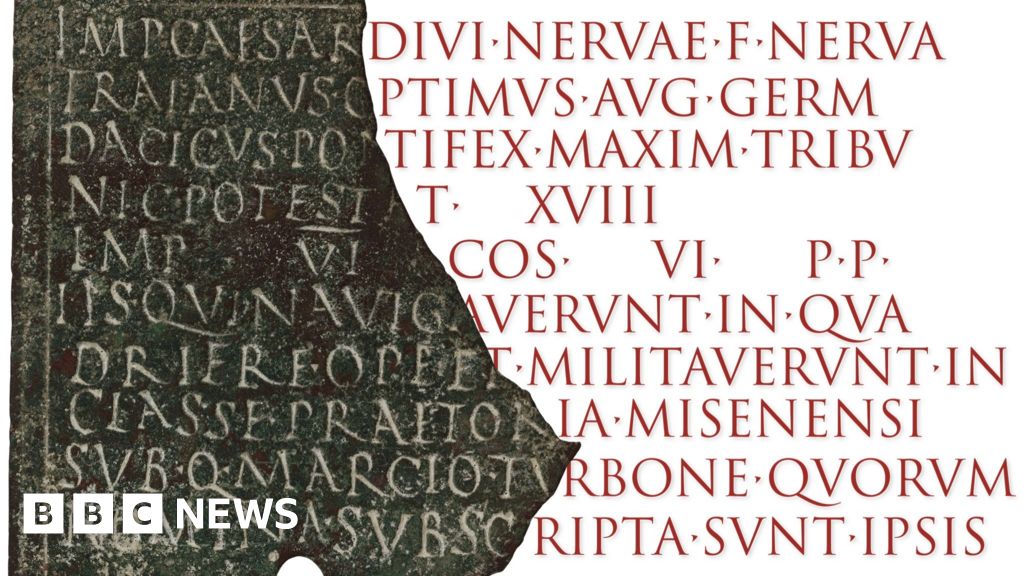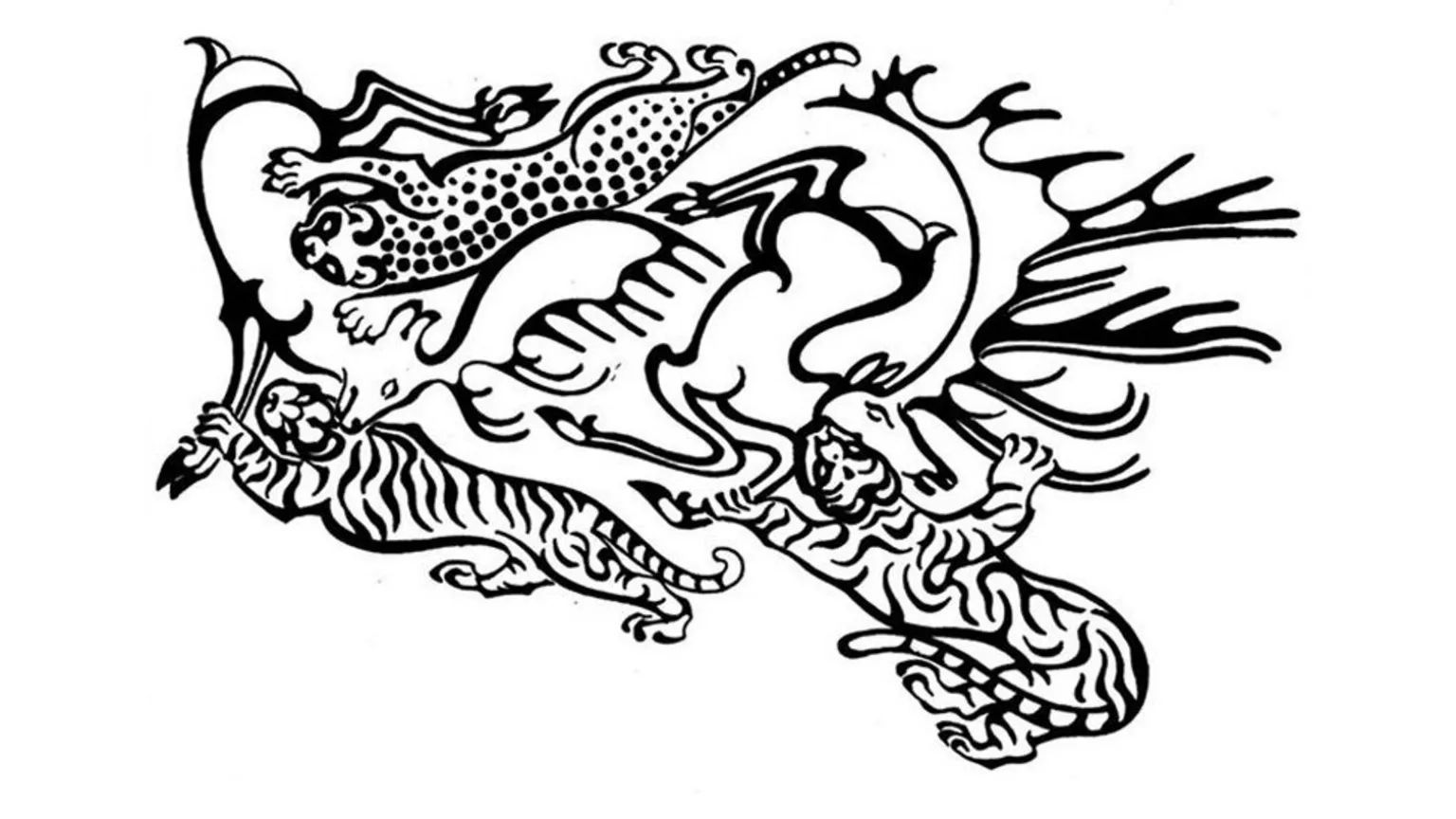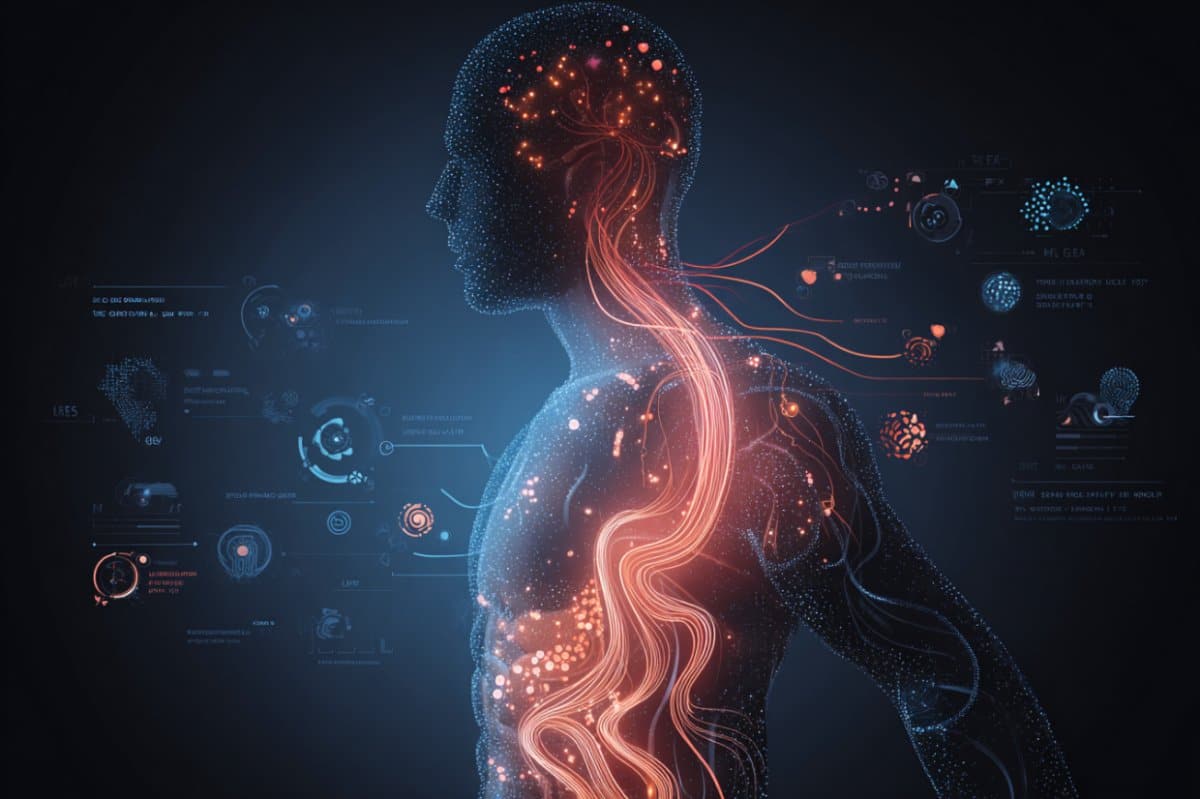T4K3.news
New AI tool changes how we study ancient Rome
Researchers unveil Aeneas, an AI system that predicts missing words in ancient Roman inscriptions.

A new system fills in missing words from ancient inscriptions carved on monuments and everyday objects.
New AI tool enhances understanding of ancient Roman history
Researchers have developed a new AI tool called Aeneas that can predict missing words from ancient Roman inscriptions found on monuments and other artifacts. This system not only identifies these lost words but also helps date and locate the inscriptions geographically. While previous AI applications have shown some success, concerns remain about the accuracy of its analyses, especially given the potential for error in interpreting historical texts. Historian Prof Dame Mary Beard praised Aeneas as transformative, stating that it could greatly speed up the research process for historians who often rely on time-consuming methods to fill in the gaps of ancient texts.
Key Takeaways
"Aeneas opens up entirely new horizons."
Prof Dame Mary Beard highlights the transformative potential of the Aeneas system.
"Inscriptions are the earliest forms of writing."
Dr Thea Sommerschield emphasizes the significance of inscriptions for historians.
"What the historian can't do is assess these parallels in a matter of seconds."
Dr Yannis Assael explains the advantage Aeneas offers to historians analyzing ancient texts.
"Interpreting them is like solving a gigantic jigsaw puzzle."
Dr Sommerschield describes the challenging nature of analyzing incomplete ancient inscriptions.
The introduction of Aeneas marks a significant shift in the way historians engage with ancient sources. While AI tools have previously assisted in textual analysis, this new model's capability to contextualize inscriptions based on a database of over 176,000 Roman texts represents a leap forward. However, the reliance on AI also raises important questions about the role of human judgment in historical research. As Prof Beard points out, this tool could facilitate breakthroughs, yet it is essential for researchers to approach AI-generated findings with caution, ensuring a balanced perspective between technological assistance and scholarly discernment.
Highlights
- AI could change how we discover ancient histories.
- Aeneas offers new horizons for understanding the past.
- The past is a puzzle; AI helps piece it together.
- Technology meets history in a powerful way.
Potential risks with AI reliance
While Aeneas offers exciting possibilities, over-reliance on AI could lead to distorted interpretations of history if errors occur in analyses.
The implications of Aeneas suggest that technology may redefine historical research in powerful ways.
Enjoyed this? Let your friends know!
Related News

New studies reveal dangers in chatbot interactions

AI advancements draw comparisons to ancient wonders

Researchers reveal ancient tattoos of Siberian mummy

Generative AI is reshaping tech jobs

Study Links Gut Health to Chronic Fatigue and Long COVID

New studies explore sunlight benefits for health

New findings reveal connections between humans and Neanderthals

Mars reveals its wetter past with ancient riverbeds
